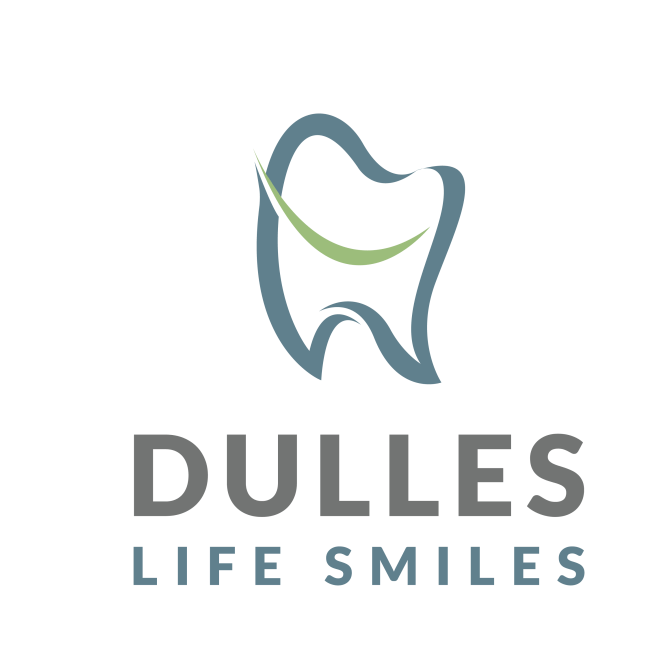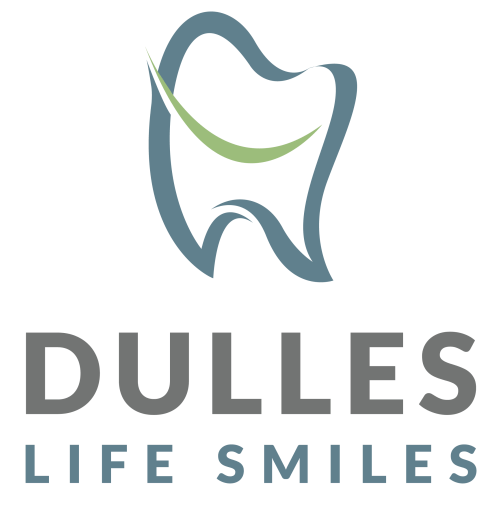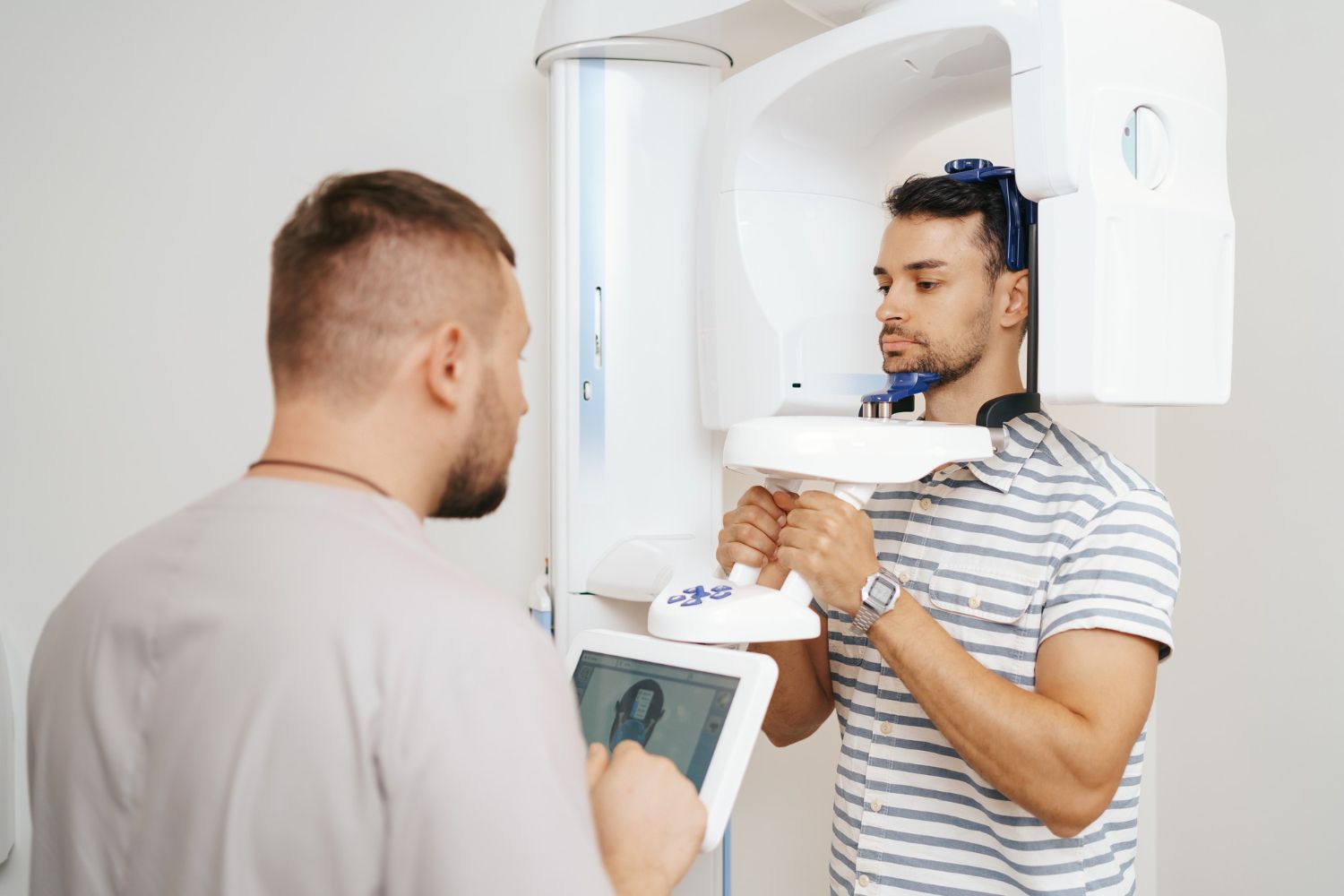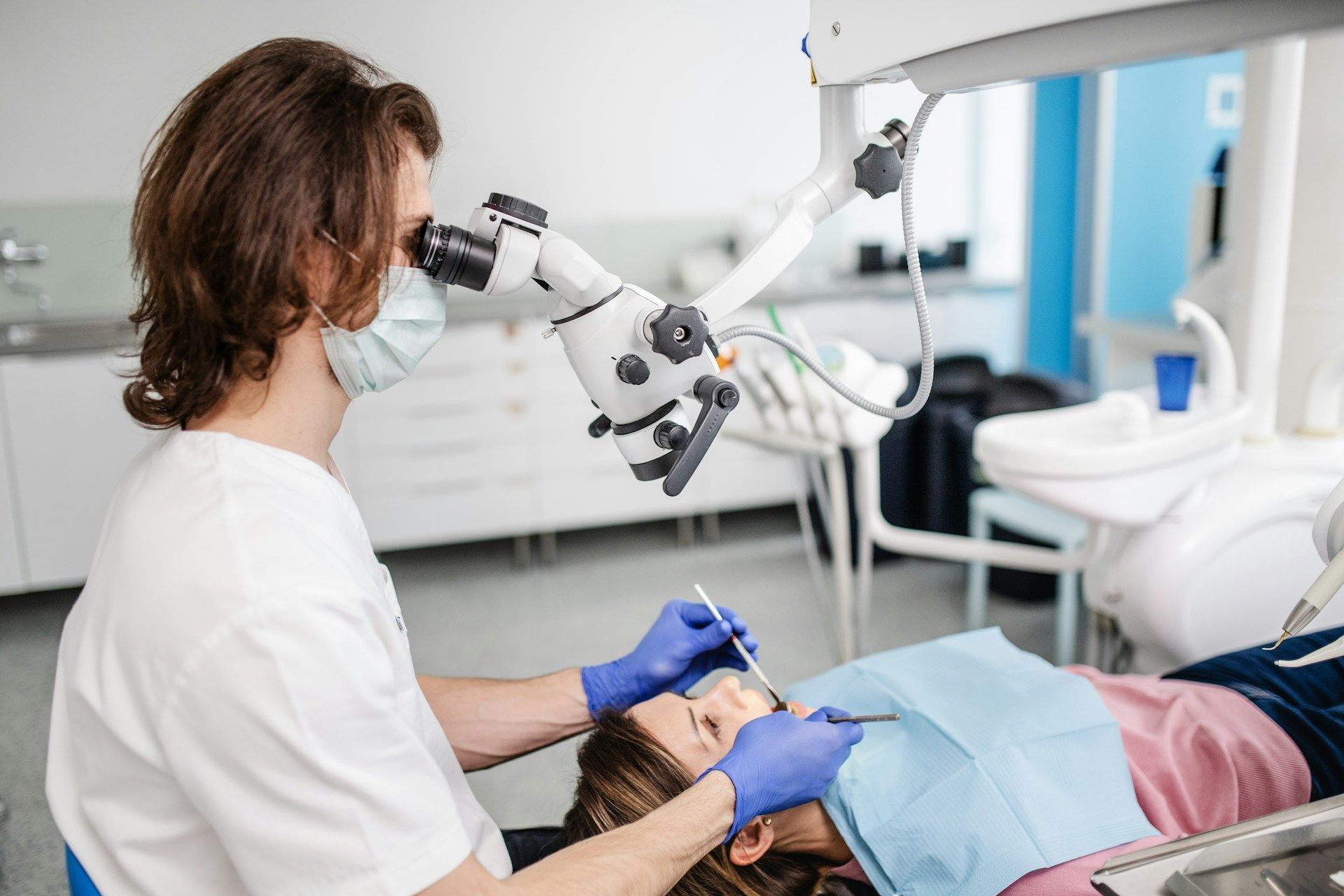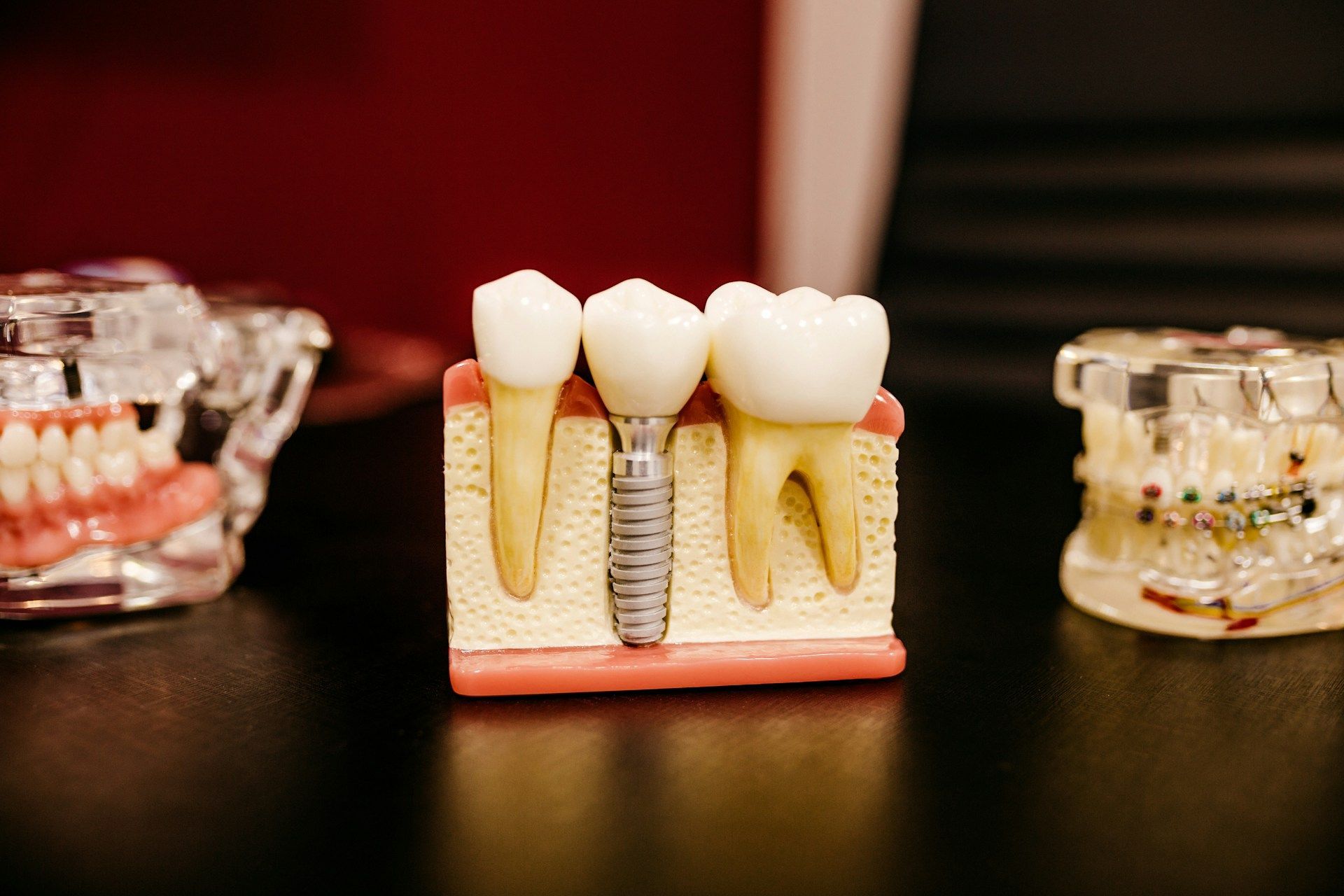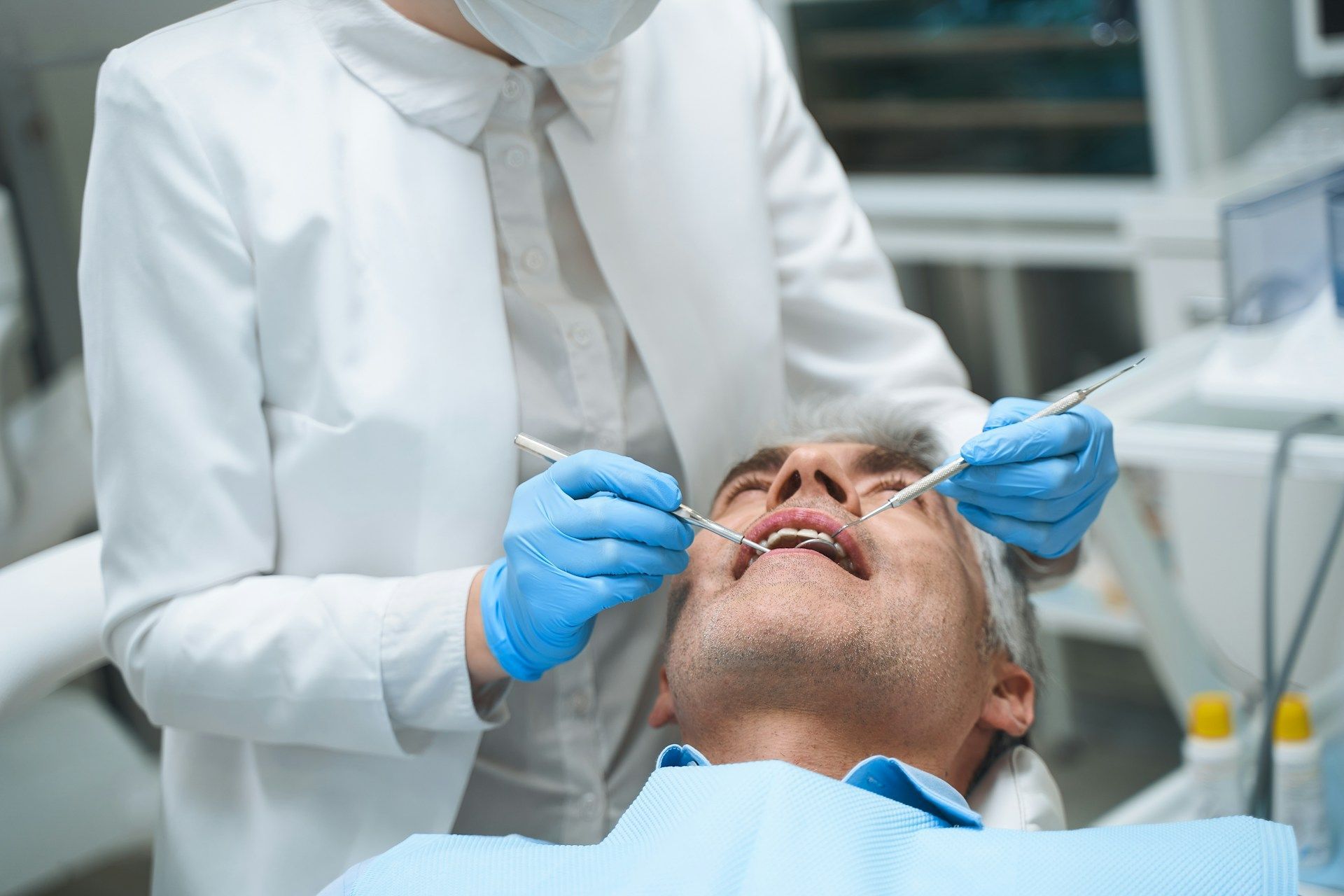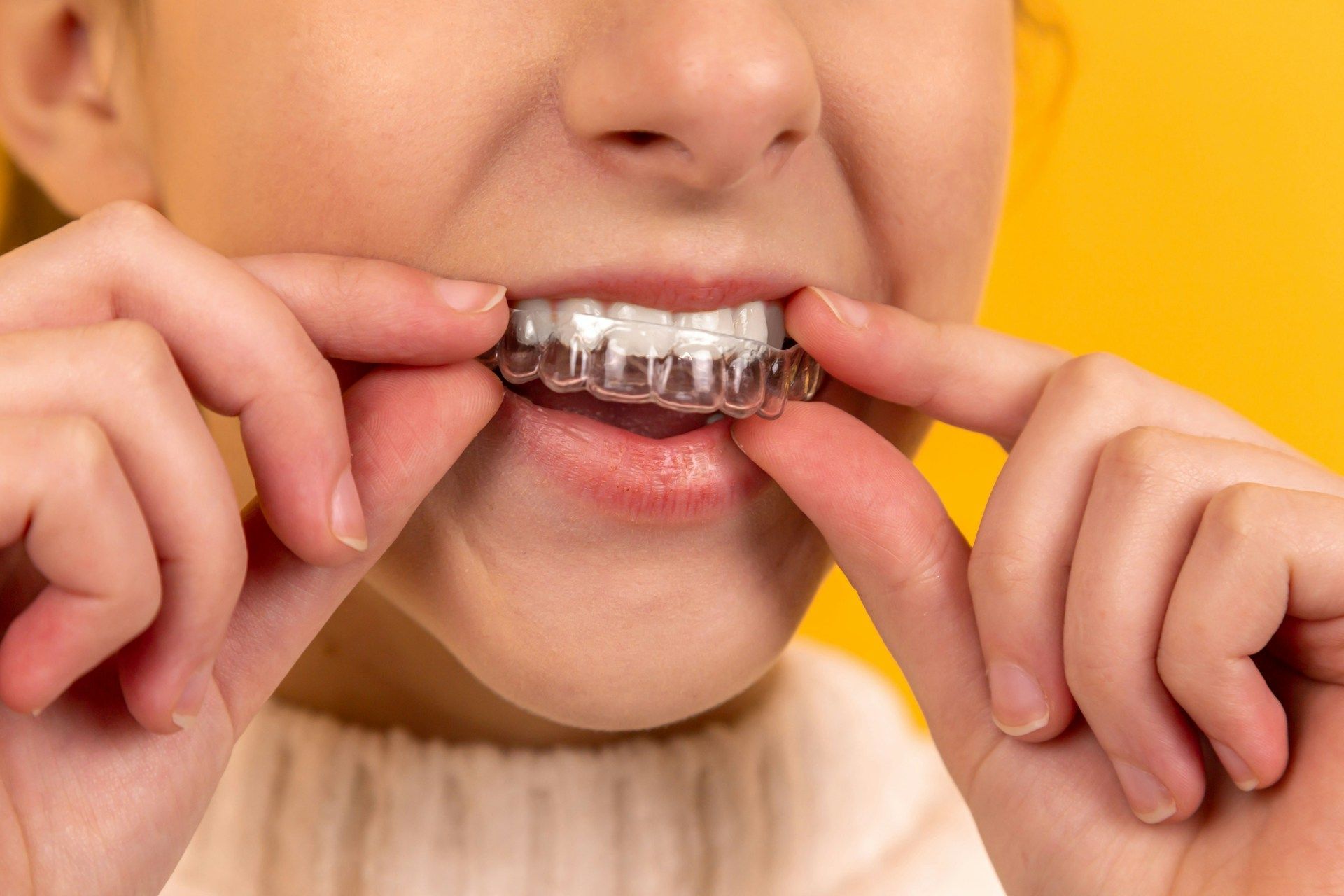Dr. Gino Habla Español
Navigating Tooth Extractions: What Every Patient Should Know
How often do you notice an uncomfortable twinge in your mouth and wonder if it’s something serious? It might be easy to ignore, but sometimes, an aching tooth can be the first sign that a dental extraction could be in your future. By understanding the ins and outs of
tooth extractions, you’ll know exactly when it’s time to seek professional help—and how to feel confident doing so.
Navigating Tooth Extractions: What Every Patient Should Know
Tooth extractions are often the last resort when a tooth can no longer be saved through restorative methods such as fillings, crowns, or root canals. A variety of dental issues may prompt your dentist to consider an extraction:
- Severe Decay: If tooth decay penetrates deep into the structure and compromises the tooth root, an extraction may be the most effective way to prevent further damage to surrounding teeth.
- Gum Disease: Advanced gum disease can loosen teeth, causing discomfort and leaving the door open to further complications. Removing the affected tooth can help preserve the health of neighboring teeth.
- Overcrowding: Sometimes, your mouth doesn’t have enough space for incoming teeth—especially those pesky wisdom teeth. An extraction might be necessary to create space, ensuring the rest of your teeth stay properly aligned.
- Infection or Risk of Infection: In some cases, root canal therapy cannot fully address an infection. Extracting the tooth protects the rest of your mouth from widespread bacteria.
Benefits of Professional Tooth Extractions
According to guidelines from the American Dental Association (ADA), timely tooth extractions help prevent more severe oral health issues down the road. By choosing a
professional dental practice like Dulles Life Smiles:
- You reduce the risk of more extensive infections.
- You maintain your overall oral structure, since proactive extraction and aftercare guard against the spread of damage.
- You ensure a safer, more comfortable experience, thanks to modern pain management and sedation techniques.
The Extraction Process: What to Expect
- Initial Examination: First, your doctor will evaluate your tooth and take X-rays to determine the best course of action. This step ensures we accurately diagnose your condition and plan a safe extraction strategy.
- Numbing the Area: Before removing the tooth, the affected area is fully numbed with a local anesthetic. This helps minimize any discomfort you might feel during the procedure. If you experience anxiety or have multiple extractions, sedation options are generally available to keep you relaxed.
- Gentle Extraction: Once the area is numb, your tooth is removed using specialized tools. Throughout the procedure, we make sure you feel at ease, and you can always let us know if you need a moment to adjust.
- Closing and Aftercare: Depending on the complexity of the extraction, you may receive stitches to help the area heal properly. If so, you will receive clear, step-by-step instructions on caring for your extraction site—so you can recover quickly and comfortably.
Benefits of a Gentle Approach
Choosing a dental team that takes a gentle approach to tooth extractions can significantly improve both your immediate comfort and long-term outcomes:
- Less pain and discomfort both during and after the extraction.
- Reduced risk of post-operative complications like dry socket or infection.
- Faster healing time and minimal disruption to your daily routine.
Caring for Your Mouth After a Tooth Extraction
A successful recovery from any tooth extraction relies on proper care—both immediately after the procedure and in the days and weeks that follow. While your dentist will give you customized guidance, here are some general tips:
- Follow the Instructions: Your doctor will provide a personalized aftercare plan, including guidelines on gentle rinsing, when to resume normal brushing, and what foods to avoid in the first few days.
- Use Recommended Medications: If your dentist prescribes antibiotics or pain relievers, follow the instructions carefully to control discomfort and prevent infection.
- Choose Soft Foods: Give your mouth time to heal by opting for foods like yogurt, mashed potatoes, and scrambled eggs. Avoid anything crunchy or spicy that might irritate the extraction site.
- Practice Good Oral Hygiene: Continue brushing and flossing the rest of your teeth as usual, being mindful around the extraction site so you don’t accidentally disturb the clot.
- Rest and Hydrate: Adequate rest and plenty of water can do wonders for your body’s natural healing process. It’s best to avoid strenuous activities for at least 24 hours after the extraction.
Benefits of Proper Aftercare
By embracing diligent aftercare, you set the stage for a faster, smoother recovery. This approach is supported by the ADA, which highlights the following advantages:
- Lower chance of complications like bleeding, inflammation, or infection.
- A quicker return to normal eating and speaking habits.
- Long-term protection for the rest of your mouth, ensuring healthy gums and teeth remain strong.
The Next Step Toward Better Dental Health
Tooth extractions can seem daunting if you don’t know what to expect. However, when performed by a compassionate and knowledgeable dental team like ours at
Dulles Life Smiles, the process can be surprisingly smooth. From determining if a tooth extraction is necessary to ensuring proper aftercare, our top priority is making you feel confident about every decision regarding your dental health.
So, if you suspect you might need an extraction or simply have questions about your oral health,
don’t hesitate to reach out. Call us at
703-783-2425 or
visit our office at 22420 Flagstaff Plz #150 Ashburn, VA 20148 to schedule an appointment with
Dr. Gino. Remember, we’re here to guide you every step of the way—whether you need a simple checkup or a more in-depth procedure like a tooth extraction. We look forward to helping you achieve a healthy, radiant smile that will last for years to come.





CONTACT
CONTACT US TO SCHEDULE YOUR APPOINTMENT TODAY!
Business Hours
- Mon, Tue, Thu
- -
- Wednesday
- -
- Friday
- -
- Sat - Sun
- Closed
DR. GINO HABLA ESPAÑOL
CONTACT
CONTACT US TO SCHEDULE YOUR APPOINTMENT TODAY!
22420 Flagstaff Plz # 150 Ashburn, VA 20148
Thanks for choosing us as your preferred dentist in Ashburn, VA
Follow Us On Social Media
All Rights Reserved
Dentist Websites by Energize Group
